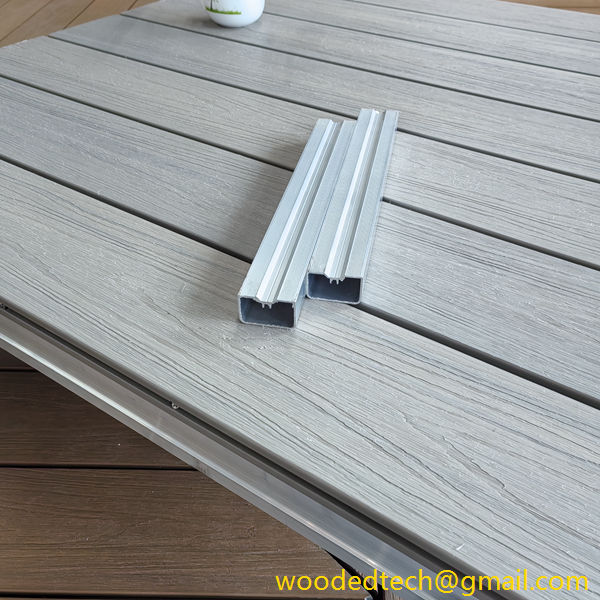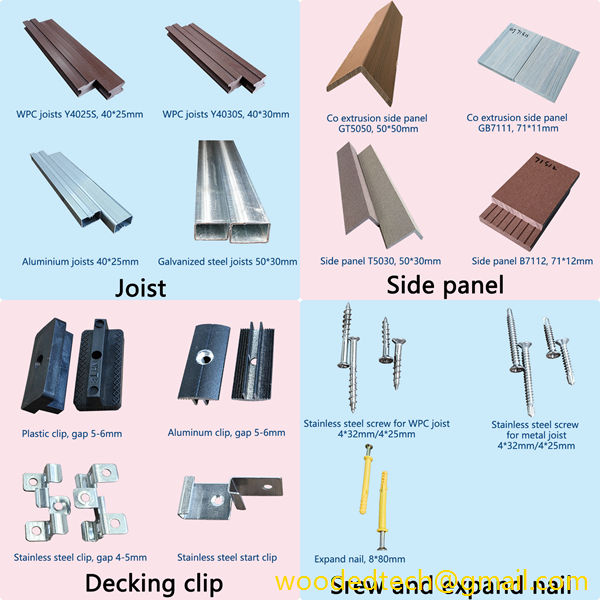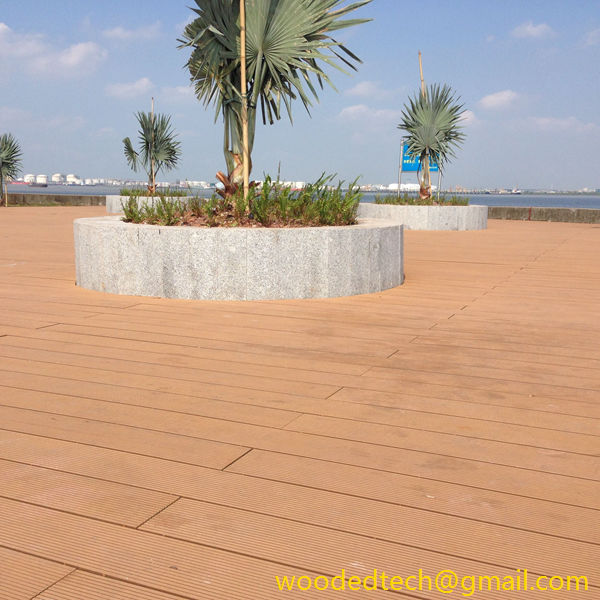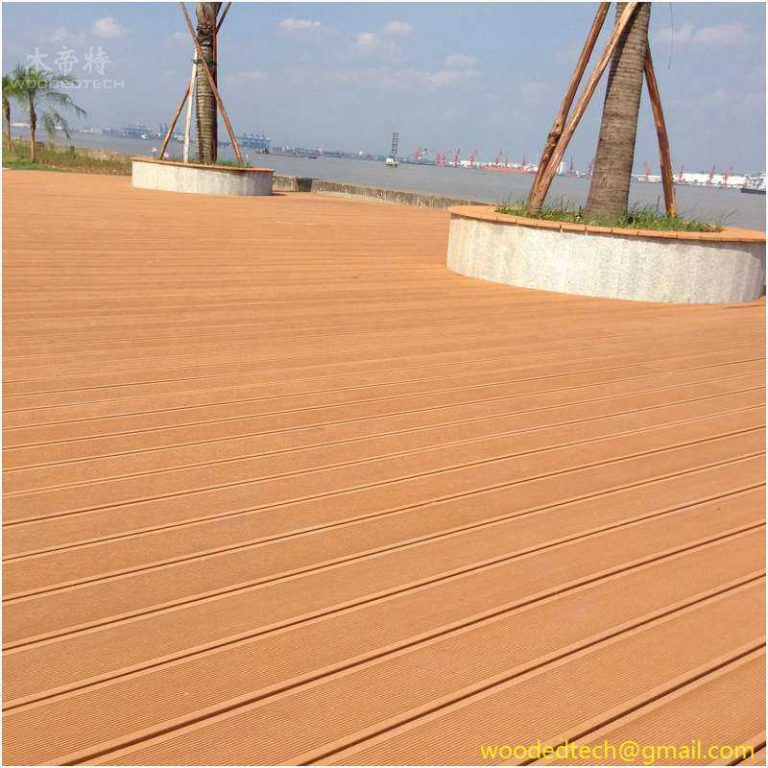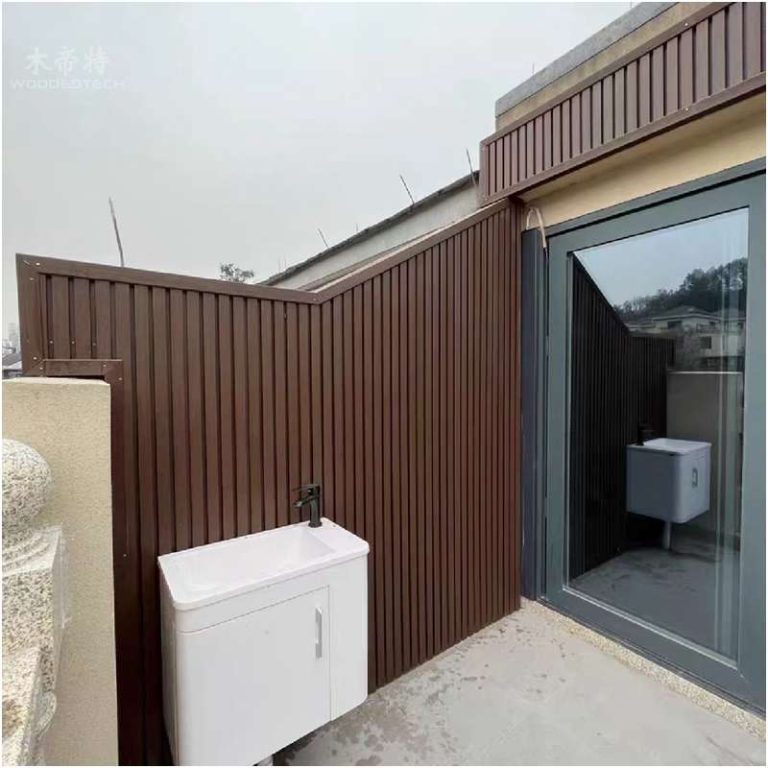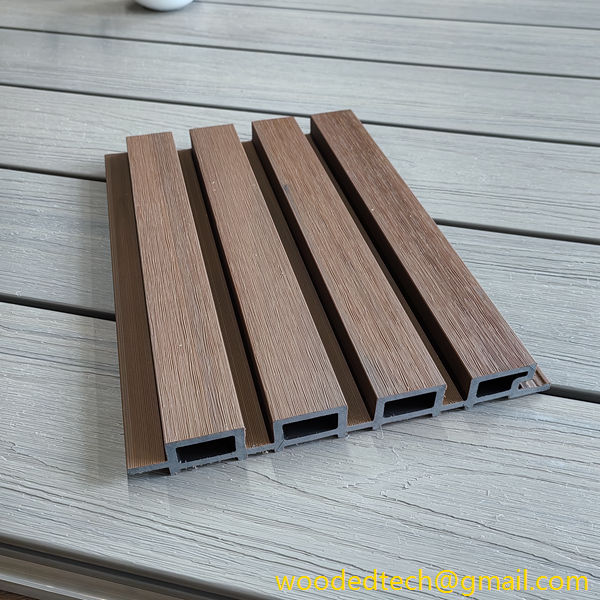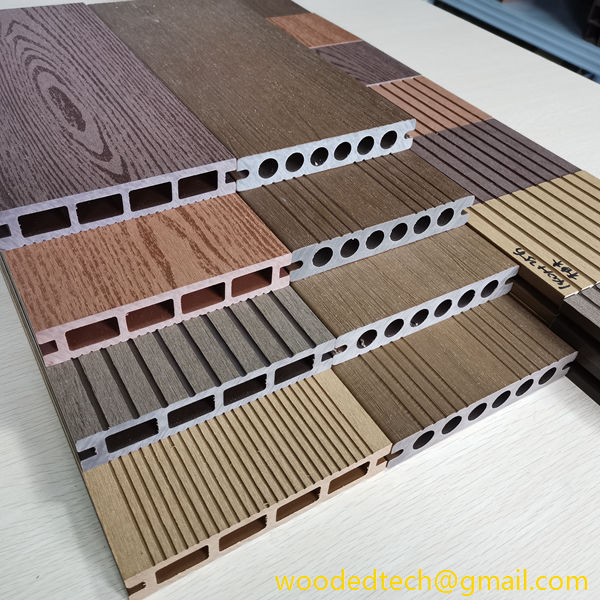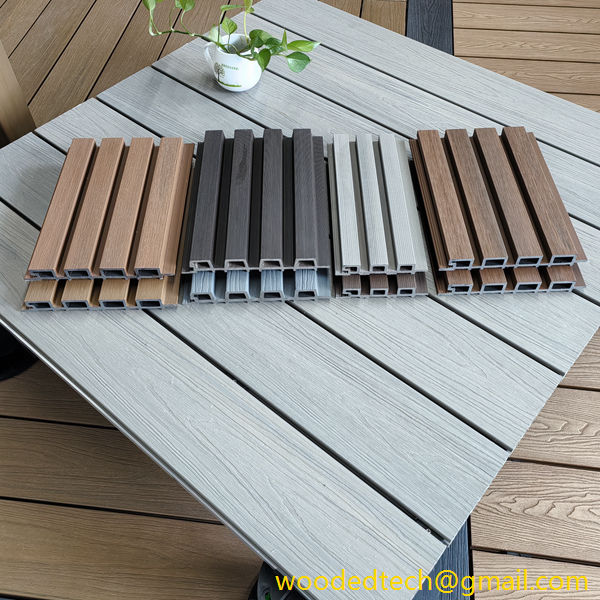Joist Tape for Composite Decking: Why It Matters
Joist Tape for Composite Decking: Why It Matters Joist tape has emerged as a vital component in the construction of composite decking, playing a significant role in enhancing the longevity and performance of outdoor structures. As composite decking gains popularity due to its low maintenance and aesthetic appeal, the importance of joist tape becomes increasingly…
Joist Tape for Composite Decking: Why It Matters
Joist tape has emerged as a vital component in the construction of composite decking, playing a significant role in enhancing the longevity and performance of outdoor structures. As composite decking gains popularity due to its low maintenance and aesthetic appeal, the importance of joist tape becomes increasingly relevant. This article will explore the significance of joist tape for composite decking, detailing its benefits and the underlying material production technologies that contribute to its effectiveness.
Composite decking is made from a blend of wood fibers and plastic, creating a durable and weather-resistant alternative to traditional wood decking. While composite materials are designed to withstand the elements, the structural integrity of the underlying framework, specifically the joists, is critical to the overall performance of the decking system. Joists are the horizontal supports that hold up the decking boards, and they can be susceptible to moisture damage, leading to rot and structural failure over time. This is where joist tape comes into play.
Joist tape is a self-adhesive, waterproof tape that is applied to the top surface of joists before the installation of composite decking. Its primary function is to create a barrier that prevents moisture from penetrating the wood. By sealing the joists, joist tape helps to prolong their lifespan, ensuring that the underlying support remains intact and stable. This protective layer is particularly important in regions that experience high levels of rainfall or humidity, where moisture can lead to rapid deterioration.
One of the key benefits of using joist tape is its ability to prevent wood rot. Traditional wood materials are highly susceptible to decay when exposed to moisture, especially at the cut ends and joints where water can easily infiltrate. Joist tape acts as a shield, reducing the likelihood of water pooling on the joists and seeping into the wood. This is crucial for maintaining the structural integrity of the decking system, as rotting joists can compromise the safety and durability of the entire structure.
In addition to preventing wood rot, joist tape also minimizes the risk of mold and mildew growth. Moist environments are conducive to the development of these unwanted fungi, which can not only damage the joists but also pose health risks to those using the deck. By keeping moisture at bay, joist tape contributes to a safer and healthier outdoor environment.
Another significant advantage of joist tape is its contribution to the overall aesthetics of the deck. When moisture seeps into the joists, it can lead to unsightly stains and discoloration on the surface of the decking. This not only affects the visual appeal of the deck but can also diminish its market value if it becomes badly weathered. By using joist tape, builders can help maintain the appearance of the decking for a longer period, ensuring that the investment remains attractive over time.
Material production technology plays a crucial role in the effectiveness of joist tape. Modern joist tapes are typically made from high-performance polyethylene or similar materials that offer excellent waterproofing properties. These materials are engineered to provide strong adhesion while remaining flexible enough to conform to various joist shapes and sizes. The advanced manufacturing processes used to create these tapes ensure that they can withstand extreme weather conditions, including heat, cold, and moisture, without losing their effectiveness.
Furthermore, some joist tapes are designed with additional features, such as UV resistance, which helps prevent degradation from sunlight exposure. This is particularly important for outdoor applications where the materials are constantly subjected to harsh environmental conditions. The incorporation of such properties into joist tape demonstrates the continuous advancement of material production technologies aimed at enhancing performance and durability.
In conclusion, joist tape is a critical element in the construction and maintenance of composite decking systems. Its ability to protect joists from moisture, prevent wood rot, and inhibit mold growth highlights its importance in promoting the longevity and safety of outdoor structures. The aesthetic benefits of joist tape further enhance its value, ensuring that composite decks remain visually appealing over time. As material production technologies continue to evolve, the effectiveness and reliability of joist tape are likely to improve, making it an indispensable tool for builders and homeowners alike. Investing in quality joist tape is not just a matter of convenience; it is a commitment to the longevity and performance of composite decking systems, ultimately leading to safer and more enjoyable outdoor living spaces.

